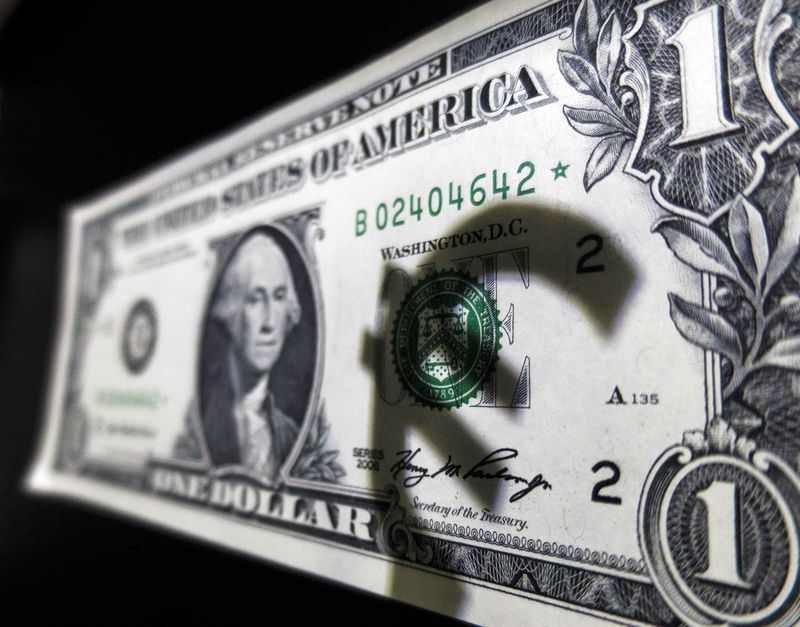Investing.com - The euro was fractionally lower against the dollar on Thursday as investors remained on the sidelines to monitor developments in Greece’s bailout talks.
EUR/USD eased to 1.11879, from 1.1203 late Wednesday.
Talks between Greece and its creditors remained inconclusive, as discussions continued over the latest proposed reforms from Greece’s creditors and Greece’s counter-proposal.
Time is running out for the Greek government to secure a deal to unlock bailout funds ahead of the looming deadline for a €1.6 billion repayment to the International Monetary Fund on June 30.
If Greece misses the payment it risks going into default, which could trigger the country’s exit from the euro area.
The euro was lower against the yen, with EUR/JPY down 0.25% to 138.43 from 138.76 late Wednesday.
The dollar was also weaker against the yen, with USD/JPY sliding 0.2% to 123.59.
In the U.S. data on Thursday showed that consumer spending jumped to the highest level in almost six years in May, underlining expectations for higher interest rates this year.
The Commerce Department said personal spending jumped 0.9% last month, compared to expectations for a 0.7% increase.
Another report showed that the number of people filing who filed for unemployment assistance in the U.S. last week rose slightly, but still remained at levels consistent with a tightening labor market.
The number of people filing for initial jobless benefits in the week ending June 20 increased by 3,000 to 271,000 the Labor Department said. Economists had forecast an increase of 4,000.
The report came a day after a report showed that a contraction in U.S. first quarter growth was not a severe as initially estimated.
The Commerce Department said the economy contracted at an annual rate of 0.2% in the three months to March, lower than the initial estimate for a 0.7% contraction reported last month.
The U.S. dollar index, which measures the greenback’s strength against a trade-weighted basket of six major currencies, was little changed at 95.37.
